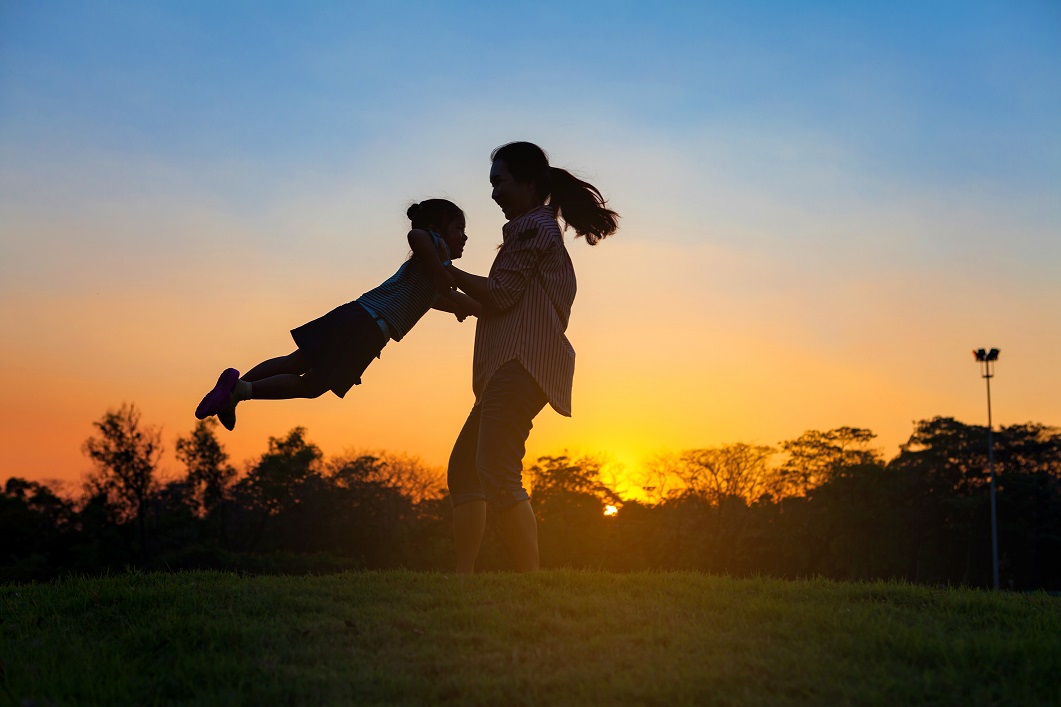
News
Anyone can be a victim of domestic abuse
Did you know that one in four women and one in six men will experience domestic abuse in their lifetime? As we approach the festive period we should have an increased awareness of the risk of domestic abuse for our staff and residents. Safeguarding is everyone’s business – to support us all to focus on health and wellbeing in a way that keeps individuals and communities safe.
Anyone can be a victim of domestic abuse, regardless of age, gender, ethnicity, race, sexuality, sexual orientation, disability, religion or socioeconomic status. However, domestic abuse is a gendered issue; women are much more likely to be victims than men, and are far more likely to experience repeated and severe forms of abuse, including coercive and controlling behaviour, sexual violence and violence which results in injury or death.
We are currently part of the way through 16 Days of Action which started with the International Day for the Elimination of Violence against Women and White Ribbon Day – a campaign that seeks to end male violence against women – on 25 November and runs through until Human Rights Day on 10 December. The campaign spans these 16 days in order to highlight the link between abuse and violence against women and human rights.
The landmark Domestic Abuse Act, for the first time provides a statutory definition of domestic abuse. As well as importantly including coercive control in its definition, it also recognises children as victims of domestic abuse.
The Act recognises behaviour is abusive if it consists of any of the following, and it does not matter whether the behaviour consists of a single incident or a course of conduct:
- Physical or sexual abuse
- Violent or threatening behaviour
- Controlling or coercive behaviour
- Economic abuse
- Psychological, emotional, or other abuse
Domestic abuse does not need to involve physical abuse. Abusers may use non-physical manipulative techniques to control, intimidate and/or coerce their victims. Even when it does involve physical abuse, domestic abuse does not always leave physical signs. The colours of a bruise, for example, can appear different depending on the victim’s skin tone, and bruising may be less apparent on victims with darker skin tones.
The pressure of Christmas
The Christmas period often brings with it a reported increase in police call-outs for incidents of domestic abuse. Financial pressures, increased alcohol consumption – which in itself does not cause domestic abuse – but can be a catalyst for more severe and frequent incidents if you are living with an abusive partner., trying to create the ‘perfect’ Christmas and being together for long periods of time can all contribute to a rise in domestic abuse. The Christmas period causes further difficulties for victims with fewer opportunities to report abuse and routes to safety shut down. School closures for the holidays also mean that opportunities for children to report abuse and access support are restricted.
For help and support
- The National Domestic Abuse Helpline for free and confidential advice, 24 hours a day on 0808 2000 247. Visit the helpline website to access further information, a contact form and the live chat service.
- If you are concerned that you or someone you know may be an abuser, there is support available. The Respect Phoneline is an anonymous and confidential helpline for men and women who are harming their partners and families: call 0808 802 4040.
- If you are in immediate danger, call 999 and ask for the police.
VAWG is any act of gender-based violence that results in, or is likely to result in, physical, sexual or psychological harm or suffering to women and girls, including threats of such acts, coercion or arbitrary deprivation of liberty, whether occurring in public or in private life.
1 in 4 women will experience domestic abuse in their lifetime, with 58% having experienced sexual harassment, bullying or verbal abuse at work. It is estimated that the cost to the NHS each year of VAWG is £1.9-2.3 billion.
Did you know that one in three women experience physical or sexual violence at least once in their lifetime? Violence against women and girls disrupts peace and stability within families and communities, and also has a knock-on effect for wider society, impacting healthcare services, education, the criminal justice system and economic productivity.
